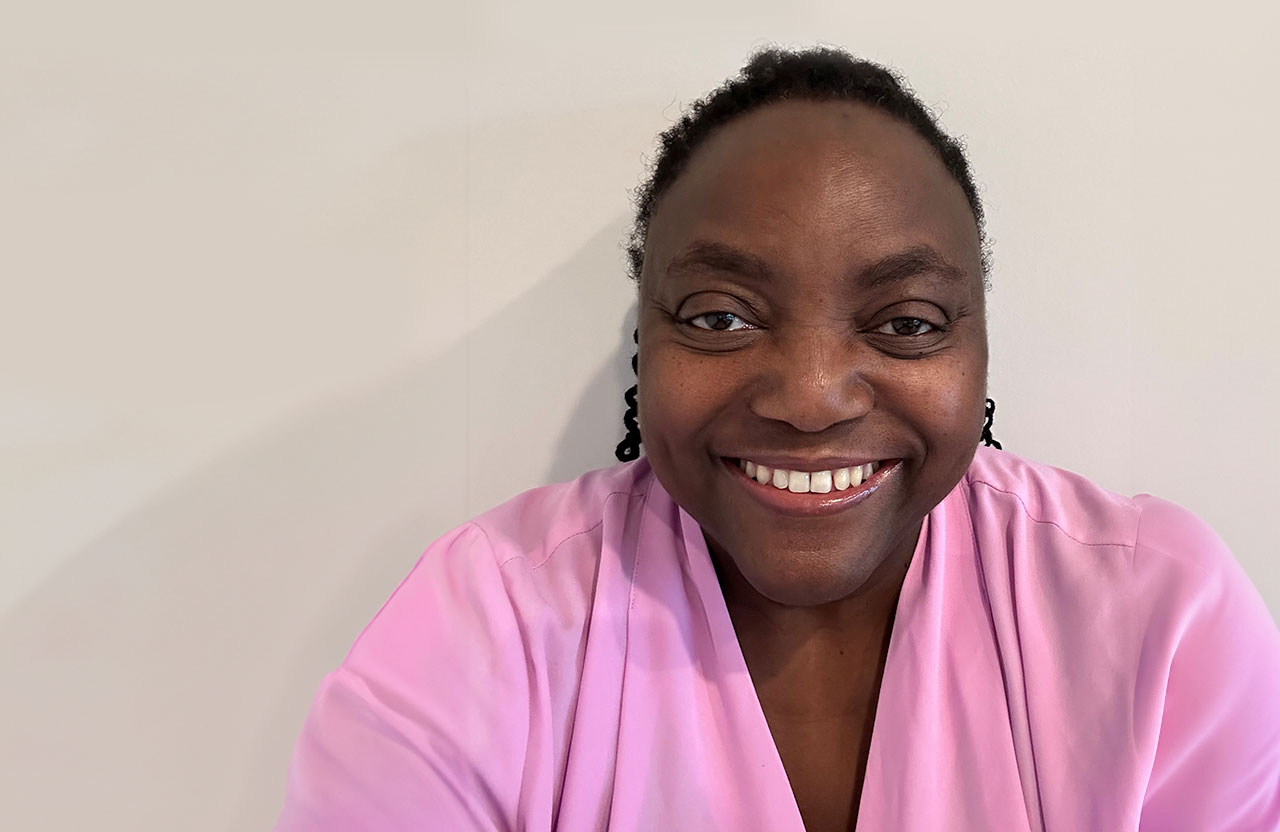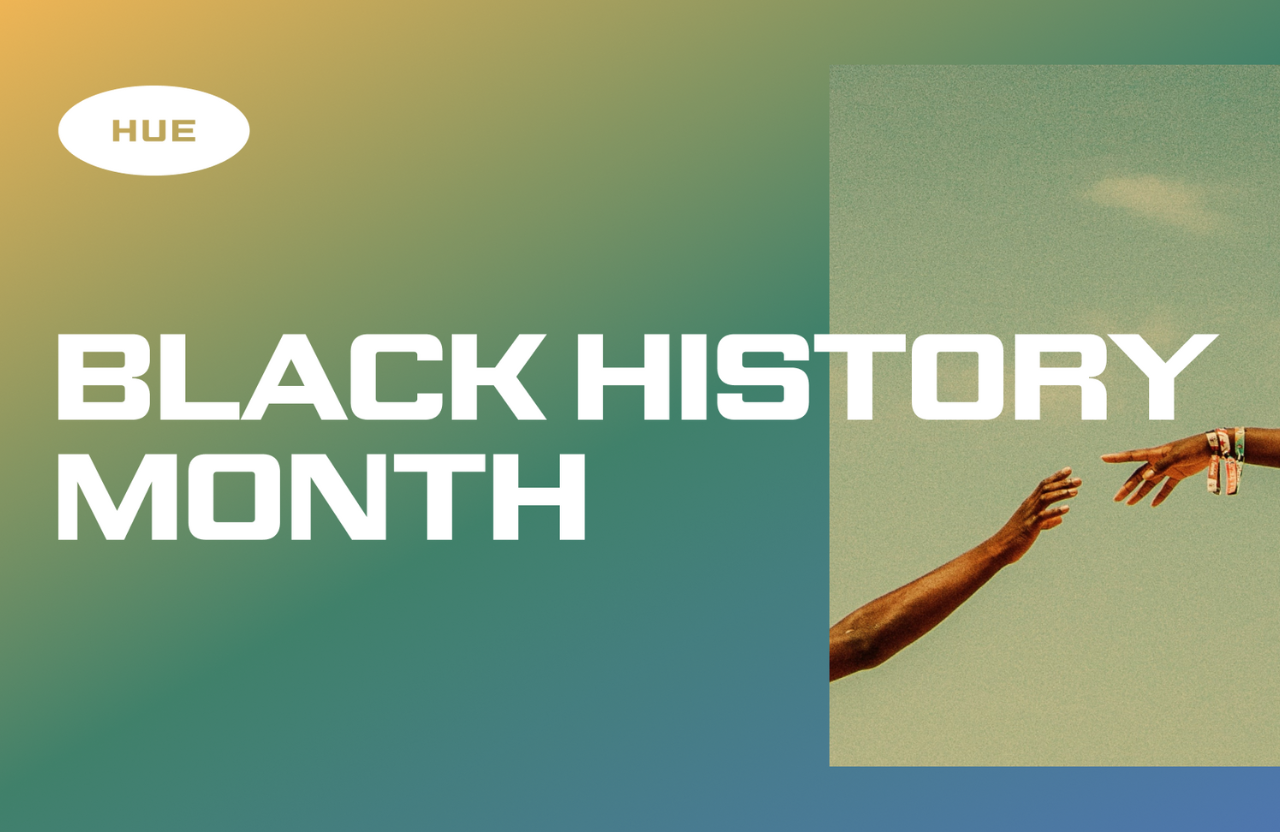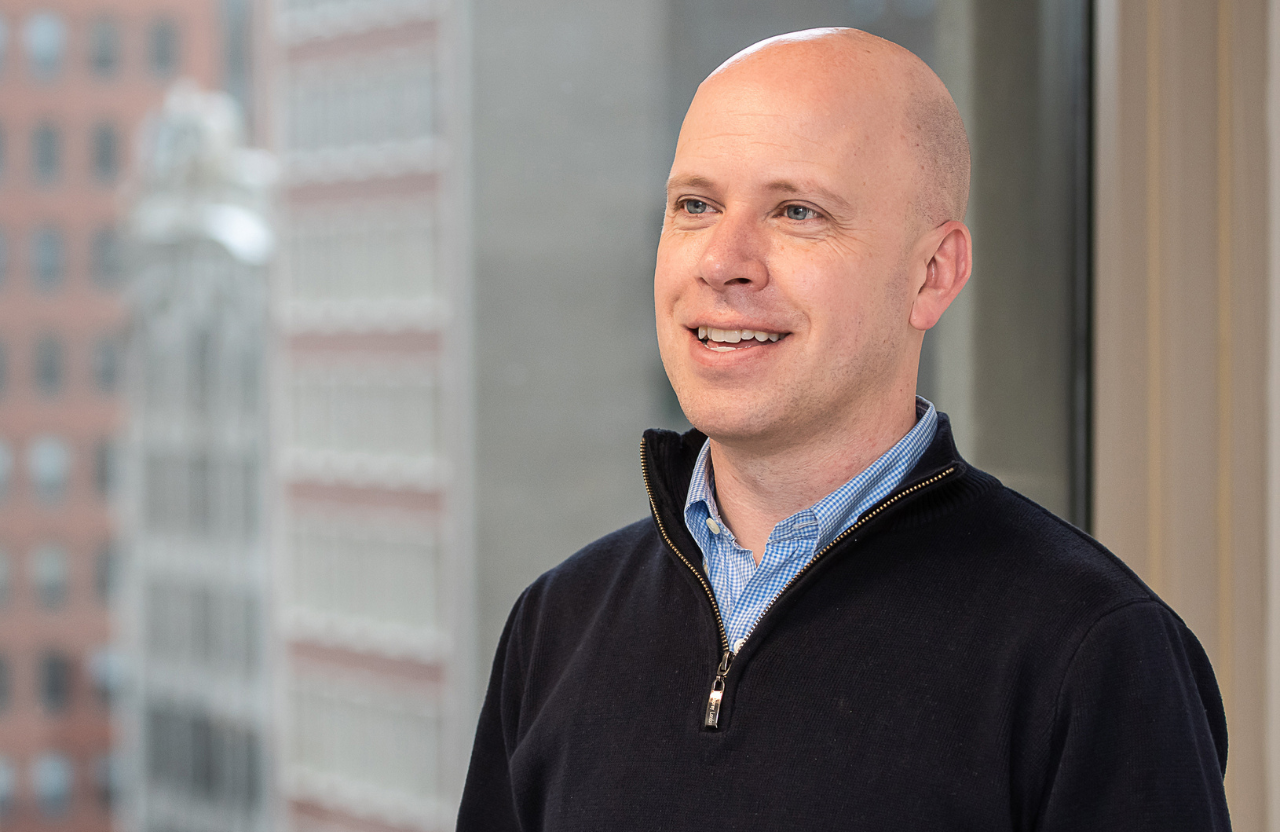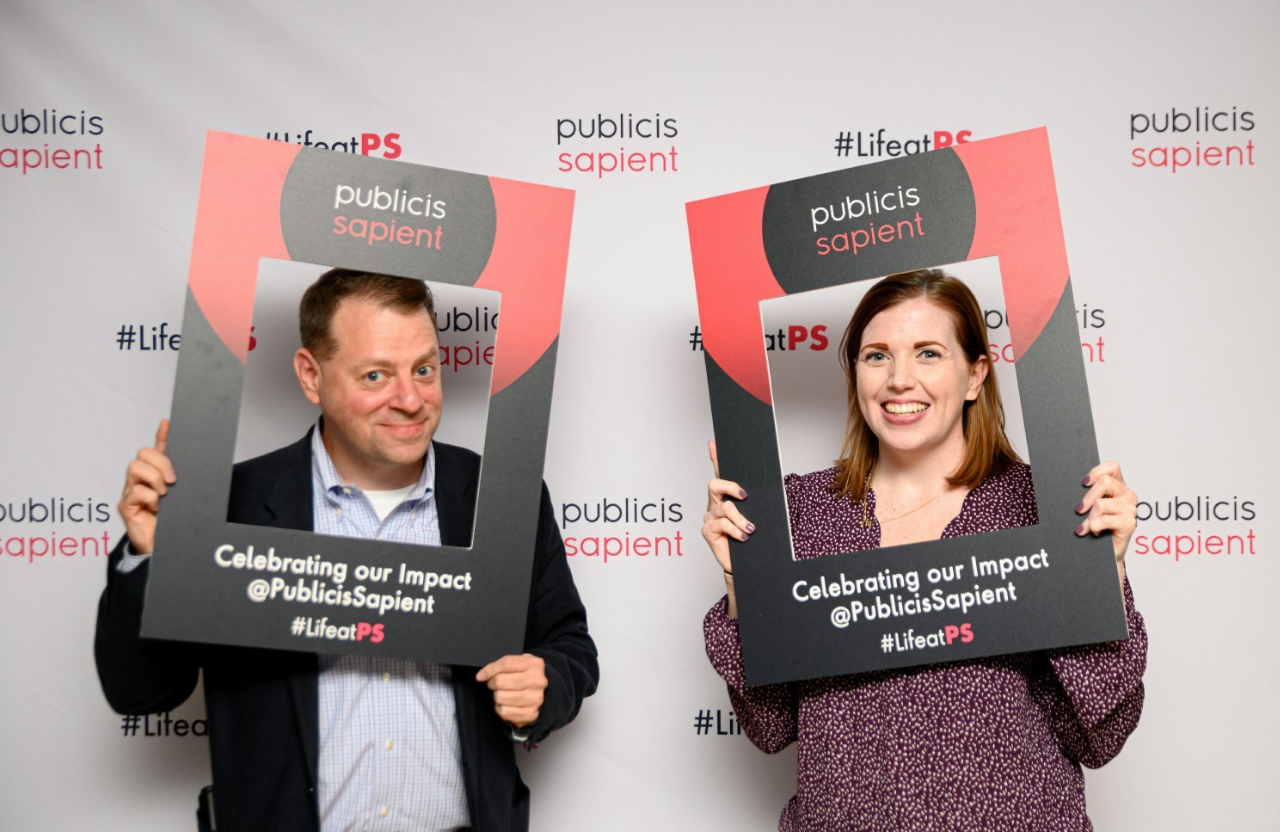PS Thrive
The Publicis Sapient Careers Blog
-
![]()
6 Months In: Lessons Learned as a Product Manager at Publicis Sapient
The start of a new job should be filled with learning and growth. Ariba, a product manager operating out of our Riyadh office, takes us through the lessons she’s learned over her first six months with Publicis Sapient.
-
![]()
Building Trust and Autonomy: Insights from a Senior Manager
Senior Manager, Experience Engineering, Joe Carpenito was named a “Leading Legend People Manager” at Publicis Sapient. Drawing from his personal experiences and a deep commitment to his team’s growth, Joe has developed a management style that empowers others to succeed. Dive into his leadership best practices.
-
![]()
The Publicis Sapient Hackathon Experience
Each year, our Aspire SPEED Hackathon aims to shine a light on our early career team members by bringing together cross-capability teams (SPEED: Strategy, Product, Experience, Engineering, and Data) to compete to deliver real-world generative AI solutions that demonstrate passion, creativity and innovative thinking.
-
![]()
Java Mentorship and Training in Action
Our Top Gun Academy program combines mentorship with hands-on training to develop our engineers into multidimensional experts, well-versed in various programming languages and their nuances. Learn more from previous academy participants.
-
![]()
Navigating Careers in Tech: Software Development
There are so many career paths to discover within STEM, and the responsibilities among tech roles can vary significantly. We’re here to help you find the right fit for your interests and skills. Learn about software development from Publicis Sapient’s Eliza Paradise.
-
![]()
Navigating Careers in Tech: Quality Engineering
There are so many career paths to discover within STEM, and the responsibilities among tech roles can vary significantly. We’re here to help you find the right fit for your interests and skills. Learn about quality engineering from Publicis Sapient’s Roz Shoko.
-
![]()
Navigating Careers in Tech: Data Analytics
There are so many career paths to discover within STEM, and the responsibilities among tech roles can vary significantly. We’re here to help you find the right fit for your interests and skills. Learn about data analytics from Publicis Sapient’s Jenny Barr.
-
![]()
6 Skills Engineers Say You Need While Working in Tech
We asked our engineers to share the “soft” skills that have mattered most in their careers. Discover what skill sets rose to the top.
-
![]()
Publicis Sapient is Growing in the Middle East
Publicis Sapient is making significant strides in the dynamic landscape of the Middle East, expanding its presence and opening doors to a wealth of opportunities for professionals in the region. Loai Alhalabi, Senior Manager, Technology recently joined our Riyadh office for this pivotal time of growth and shares his insight and experience so far.
-
![]()
Unconventional Journeys into Tech: Alexandra Waterhouse
Driven by a thirst for knowledge and new challenges, Alexandra Waterhouse made the bold decision to transition into data analytics and AI after already building a successful career in global mobility. Discover the qualities she credits for her ability to transition successfully.
-
![]()
Knowing When to Change Career Paths
Sarah began her journey at PS as a customer experience and innovation manager, focused on analyzing customer journeys; but she soon found a stronger interest in working more closely with project teams to shape products. Learn how she made this career transition happen.
-
![]()
LEAP Ahead: Building Tomorrow’s Leaders
Our LEAP Ahead program is offered to Senior Managers across our India teams and is focused on problem-solving and leadership coaching through building self-awareness and exploring new mindsets. Pauline shares her LEAP Ahead experience.
-
![]()
The Role of Data & Analytics in Digital Business Transformation
Laura Quinn is currently setting up a small but powerful Data & Analytics function in our Nordics region. While expertise is important, she’s equally as interested in finding the right group of people to bring together to blur the boundaries of specialties and build more creative solutions.
-
![]()
The Power of Cloud and Infrastructure in Digital Transformation
Senior database specialist and member of the Publicis Sapient team for over 12 years, Minaz shares examples of the types of projects she is currently working on and the impact of Cloud and Infrastructure on digital business transformation.
-
![]()
3 Ways to Maximize Your Internship Experience
A summer internship can fly by, but don’t let it come and go without making your mark on the company and learning all you can in the process. Here are 3 ways to maximize your internship experience.
-
![]()
Why Energy & Commodities Is a Hot Industry for Engineers
It’s a pivotal time in Energy & Commodities Trading, and an exciting opportunity to make a mark on a growing priority for many companies. Here is some advice for joining the industry.
-
![]()
Embracing Equity in 2023 and Beyond: Women’s History Month Recap
Embracing equity and addressing intersectionality were at the forefront of our 2023 International Women’s Day and Women’s History Month celebrations.
-
![]()
The Superpowers of Our Women in Tech
The women in our Dubai office are celebrating the diversity, integrity and positivity of our growing team—and what makes each of them unique and superpowered.
-
![]()
A Celebration and Reflection on Growth: Black History Month 2023 Recap
HUE is a Publicis Sapient Business Resource Group (BRG) that supports the unique issues and challenges facing our Black team members. This year, HUE sponsored a thoughtful and engaging slate of activities for Black History Month, anchored around the theme of Growth.
-
![]()
The Top Benefits of Working at a Consultancy
One of the greatest benefits of working at a consultancy is direct access to its breadth of knowledge and experience across industries – whether you work with many clients or just one. James Parker shares his experience in the Energy & Commodities Trading sector.
-
![]()
What You Can Achieve with an Experimental Mindset
There is exciting work happening across Java and Cloud, and Publicis Sapient is where you can play a big role in the impact of these technologies on businesses and their customers. Senior Engineering Manager, Ambika shares how.
-
![]()
The Power of One – A PS Boomerang Story
Publicis Sapient is one of four “Solutions Hubs” in Publicis Groupe. Known as The Power of One, this structure brings together all our expertise to deliver more integrated and comprehensive solutions to our clients. But what is the benefit to our people?
-
![]()
Publicis Sapient is a Vault Top Consulting Firm to Work For
Publicis Sapient is one of Vault’s 2023 Top Consulting Firms to work for in North America, EMEA and APAC. From our hiring process to our community engagement, learn why our global culture makes top ranks.
-
![]()
3 Ways to Take Control of Your Professional Development
Here are a few ways to take control of your professional development journey and examples from our people – PSers – who are leading the way.
-
![]()
Becoming a Female Leader in a Male-Dominated Industry
Born and raised in the UK as one of eight siblings, Anne Phelan broke the mold of what a woman “should” do by venturing into business and technology. Now she shares stories and advice learned over her 20-year career.
-
![]()
Great Place to Work - Certified
Publicis Sapient is Great Place to Work® Certified in the USA and Germany in 2023. Discover what makes our employee experience standout.
-
![Alexandra Oates]()
Reimagining our New Hire Onboarding Experience
The experience during a new hires’ first few weeks at an organization is critical. Alexandra, our North America Onboarding Lead, reflects on the process of pivoting to a remote experience and shares what new hires can expect from our program.
-
![]()
Finding Growth in Uncertain Times - A PS Boomerang Story
The pandemic shook up global employment and work culture. Senior Director, Bilal Zaidi chose to come back to PS for the vision and stability of a consultancy that was continuing to improve year over year.
-
![]()
A New Training Program to Upskill Junior to Mid-Level Talent
TMT Publicis Sapient University has been awarded “Best Management of a Program” by The Corporate Engagement Awards 2022. Learn how this program is upskilling our junior to mid-level talent across capabilities.
-
![]()
“DBT is the reason I came back.” – A PS Boomerang Story
Senior Principal of Data Strategy, Jason Lam left Publicis Sapient a couple years ago to experience a more traditional consulting firm. Learn how PS’s focus on digital business transformation (DBT) lured him back.
-
![]()
From Intern To Full-time Data Scientist: Three Reasons Nagesh Chooses PS
Meet Nagesh, a Data Scientist on our Engineering & Technology team in Cologne, Germany. Nagesh joined PS as an intern in 2016, when he moved to Germany to start his master’s program. Upon graduation, he joined the PS team full time as a Data Scientist. Learn why he chose PS.
-
![]()
3 Ways to Make it Work for Working Mothers
"Traditional" workplace systems have not always historically worked for many women and working mothers. At Publicis Sapient, we’ve built flexibility and support into our infrastructure, which elevates talent and enables them to thrive.
-
![]()
My Career Transformation in One Year
Solmaz talks about the art of turning challenges into opportunities and shares how she managed to use the forced free time she got due to the pandemic to change her career within one year.
-
![]()
Thriving as a Person with Blindness
Dinesh is a person experiencing blindness due to Glaucoma. At an early age, he discovered an interest in computer programming but was met with a challenge due to lack of accessible educational resources. He shares his journey to develop an open-source screen reader for himself and countless others, making a wide library of educational content accessible for the first time.
-
![]()
Bridging the Gap Between Data and Customer Experience
Lucy shares a glimpse into her exciting career path at Publicis Sapient and gives insights into what it takes to become a successful Data Strategist.
-
![]()
Publicis Sapient - The Place for Engineering & Tech Trailblazers
Vandana shares what brough her to PS, what her day to day looks like as an Engineering Leader, and why women in tech should start or grow their career here.
-
![]()
Finding Space to Prioritize Mental Health
Headline NA leader Amy Martin shares her lived-experiences of finding space for self-care, and elevating the conversation around mental health.
-
![Ekermina]()
From Medicine to Software Engineering
Ekremina shares her story as a newly recruited Software Engineer Intern.
-
![]()
From Intern to Vice President
Raj shares his incredible journey spanning 26 years as he worked his way up from Intern to GVP and the sound advice he received along the way.
-
![Tymon]()
Joining a Program Where Everyone Can Thrive
Tymon reflects on his experience in the Engineering Graduate Cohort and shares why PS is the best place for upcoming graduates to start a career.
-
![Sashana]()
Teamwork is the Culture of Publicis Sapient
Sashana reflects on the culture at PS and the vital role teamwork plays in shaping that culture.
-
![Gabriel Caniglia Image]()
My Early Careers Experience
Gabriel tells us about getting involved at PS and the importance of having a learning mindset.
-
![]()
My Journey to Becoming a Joyful Ally
Vieshaka shares her own experience with bias and how she came to be an active and vocal ally for the LGBTQ+ community.
Looking for the latest openings or want to get rewarded for recommending a peer?











































